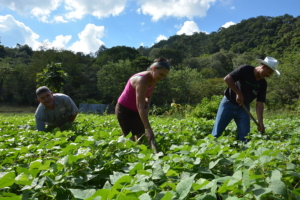
The International Fund for Agricultural Development (IFAD) and the Honduran government have cooperated for many years to fight rural poverty in Honduras. The country is largely agrarian, with every one in four citizens employed in agriculture, and is considered a low to middle-income country. With nearly half the population living on less than $6.15 a day, Honduras is the poorest country in Central America, and the second poorest behind Haiti in Latin America.
Adding to Honduras’s perennial issues are the frequent severe weather events and climate disasters that plague the country’s rural infrastructure. For instance, a 2019 drought decimated the land’s bean and corn crops, creating widespread food insecurity for Honduran citizens. The following year, hurricanes Eta and Iota affected more than 400,000 citizens and caused more than $2 billion in damage.
Since 1979, the IFAD has worked with Honduras to alleviate rural poverty, provide financing to rural farmers and build systems and infrastructure that support small, independent agriculture. This article will explore IFAD’s current program benefiting farmers, the Project for the Economic and Social Inclusion of Small Rural Producers in Northeast Honduras (PROINORTE) and the organizational framework, the Country Strategic Opportunities Programme (COSOP), that currently guides IFAD’s operations in Honduras. The article will also examine one of IFAD’s former successes in the country to demonstrate how COSOP and PROINORTE will help alleviate rural poverty in Honduras.
About IFAD
Founded in 1977 in response to global food shortages, IFAD is a United Nations (U.N.) agency dedicated to addressing rural poverty. The agency provides funding, training and investment to rural communities to strengthen small-scale agribusiness and the overall well-being of rural populations. IFAD partners with businesses, corporations, international organizations and governments to secure funding for grants and low-interest loans directed toward rural farmers.
IFAD is guided by its Country Strategic Opportunities Programme 2020-2025 (COSOP) in Honduras. COSOP is an institutional framework that outlines the rules of engagement for IFAD’s involvement in Honduras. It defines the specific areas where individual IFAD projects should concentrate their efforts and outlines the strategic objectives the organization aims to accomplish.
Specifically, COSOP lists two objectives that guide Honduran IFAD projects. The first focuses on increasing rural productivity and building sustainable food systems. This goal not only aims to help local rural farmers improve their business practices, but also strives to improve rural Honduran communities’ social and physical health. The second objective aims to boost rural employment in Honduras by helping producers access markets and funding.
PROINORTE: Building Small-Scale Farming Businesses
Under the guiding framework of COSOP, IFAD has created two projects to help reduce rural poverty in Honduras, the Project for Competitiveness and Sustainable Development in the South-Western Border Region (PRO-LENCA) and the Project for the Economic and Social Inclusion of Small Rural Producers in Northeast Honduras (PROINORTE). PRO-LENCA reached completion in 2023 and will be discussed in the next section below.
PROINORTE is the only IFAD program currently open in Honduras. The program operates in the northeast region of Honduras, where 59% of households live in poverty. Like its guiding framework, COSOP, PROINORTE aims to improve the productive and marketing capabilities of small rural farmers and to foster sustainable business practices and lifestyles in rural communities. Additionally, the program looks to help farmers build resilience against Honduras’ frequent climate disasters and economic volatility.
PROINORTE includes three areas of activity or “components.” Component 1 helps farmers develop organizational frameworks, build partnerships between businesses and producers, and bolster entrepreneurial agrarian activity. Meanwhile, component 2 provides financing and implementation of plans put forth by local producers and businesses. Component 3 monitors PROINORTE’s progress and ensures that goals are met.
PROINORTE, rather than providing emergency relief or assistance, works to develop small-scale, subsistence-level farms into functioning, free-market businesses. By providing professional training and investment, the project seeks to connect agrarian farmers with markets to sell their products, thereby increasing rural employment and living standards. The project has an estimated total cost of $46.48 million, with funding provided by the IFAD, the OPEC Fund for International Development, the Honduran government and local beneficiaries in Honduras.
Past Successes
To understand how PROINORTE will positively impact northeastern Honduran communities, it is important to examine IFAD’s past successes in the country. PRO-LENCA, a program similar to PROINORTE but located in the southwestern region of Honduras, wrapped up in 2023. Like PROINORTE, PRO-LENCA sought to reduce rural poverty in Honduras by investing in and developing local businesses and agriculture.
According to IFAD documents, PRO-LENCA was largely successful, benefiting 59,000 Honduran citizens and creating more than 1,800 jobs in the area. The program reached nearly all of the households it set out to help, with the incomes of these impacted households rising by almost 50%. Moreover, for every dollar invested in PRO-LENCA, $2.40 was created in economic benefits for rural Hondurans in the target region. Additionally, the project increased youth and female employment in southwest Honduras and decreased food insecurity.
Looking Forward
While it is too early to assess PROINORTE’s economic impact, the benefits that PRO-LENCA created paint a positive future. PRO-LENCA worked to build organizational capabilities and link rural businesses to consumer markets. The hope is that PROINORTE will repeat this program’s success in Honduras’ northeast region. Guided by COSOP, PROINORTE looks to continue IFAD’s track record of reducing rural poverty in Honduras. By helping rural farmers turn their small-scale agriculture into full-fledged businesses, PROINORTE will stimulate rural economies and help Honduran farmers build resilient food systems.
– Charles Citron
Charles is based in Boston, MA, USA and focuses on Business and Politics for The Borgen Project.
Photo: Flickr

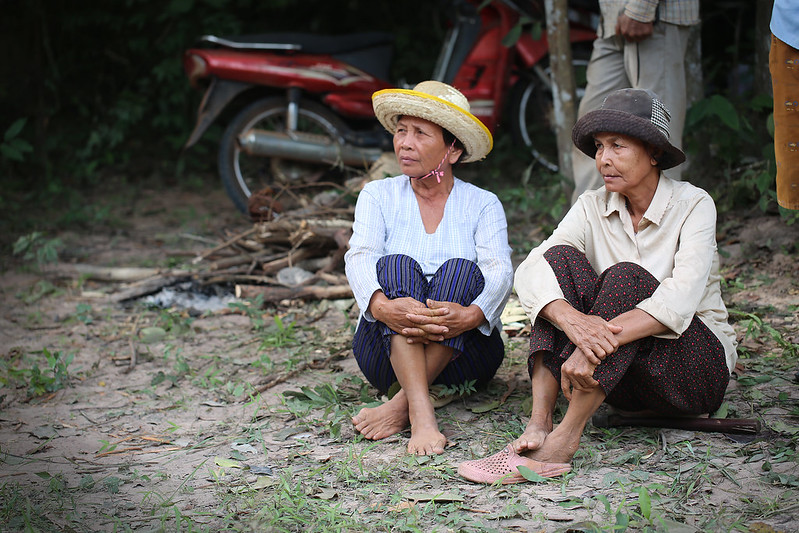 In Honduras,
In Honduras, 
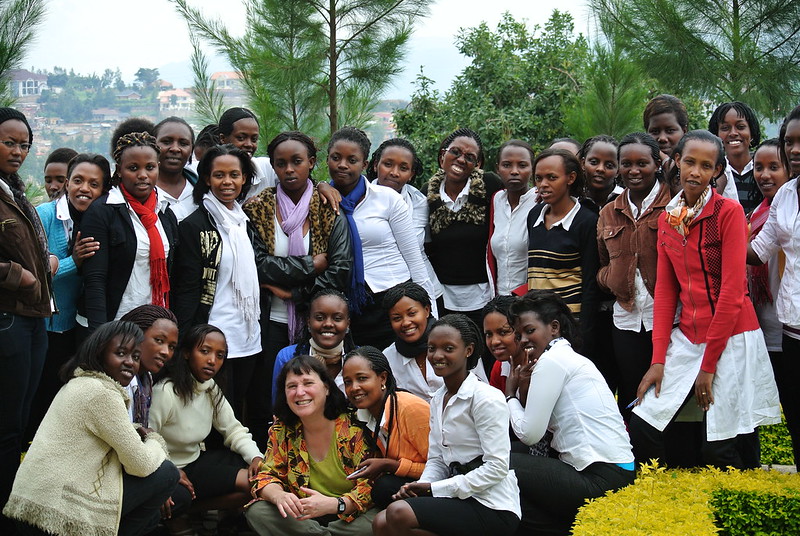 More than
More than 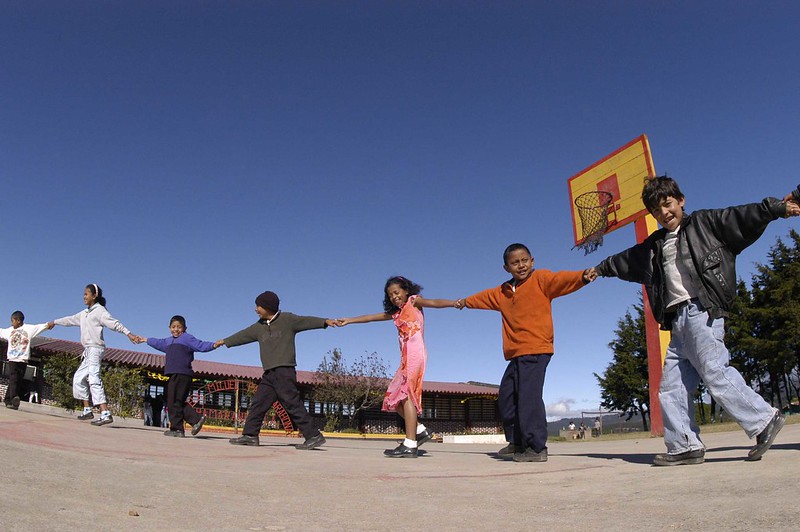
 In March 2024, more than 60% of
In March 2024, more than 60% of 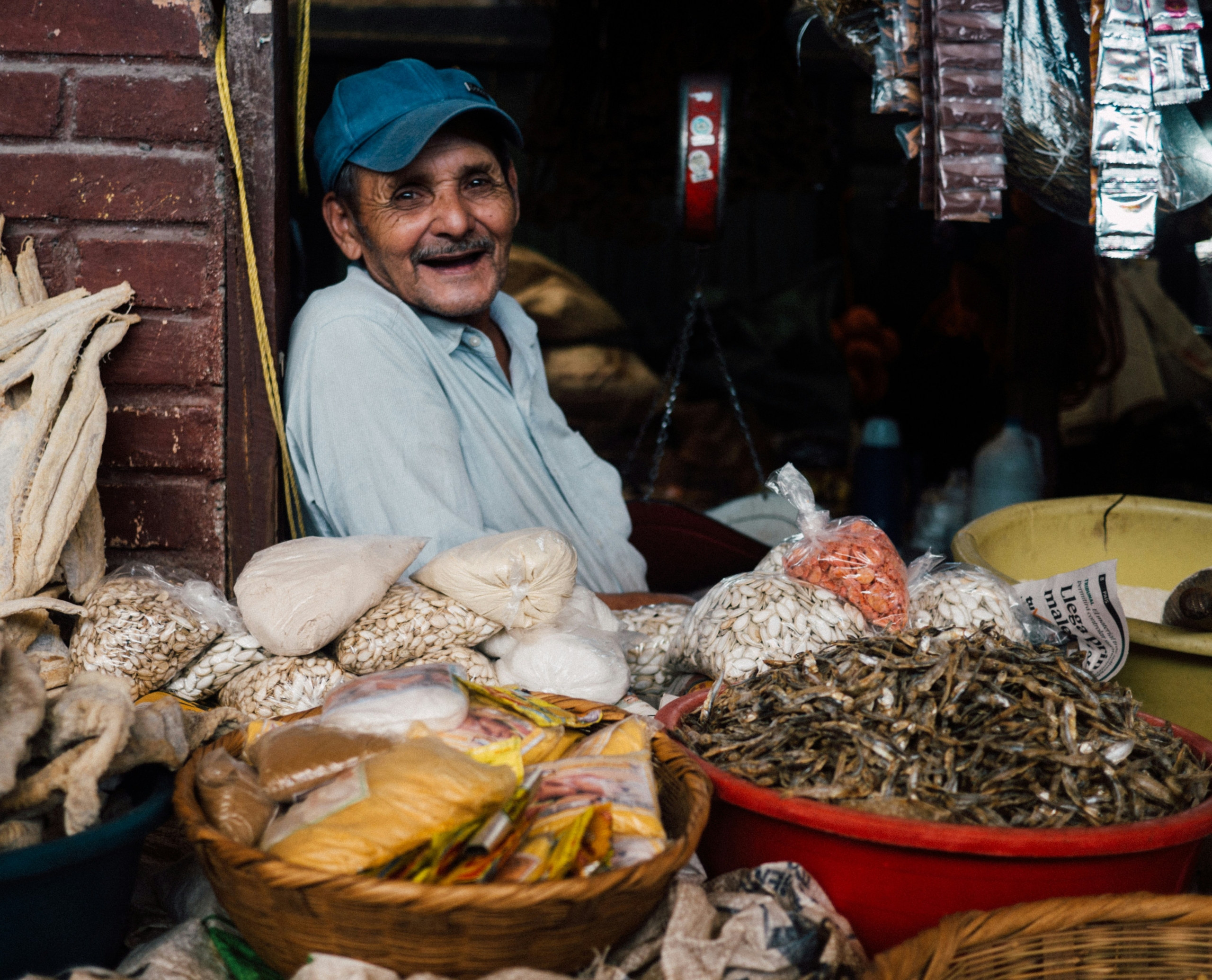
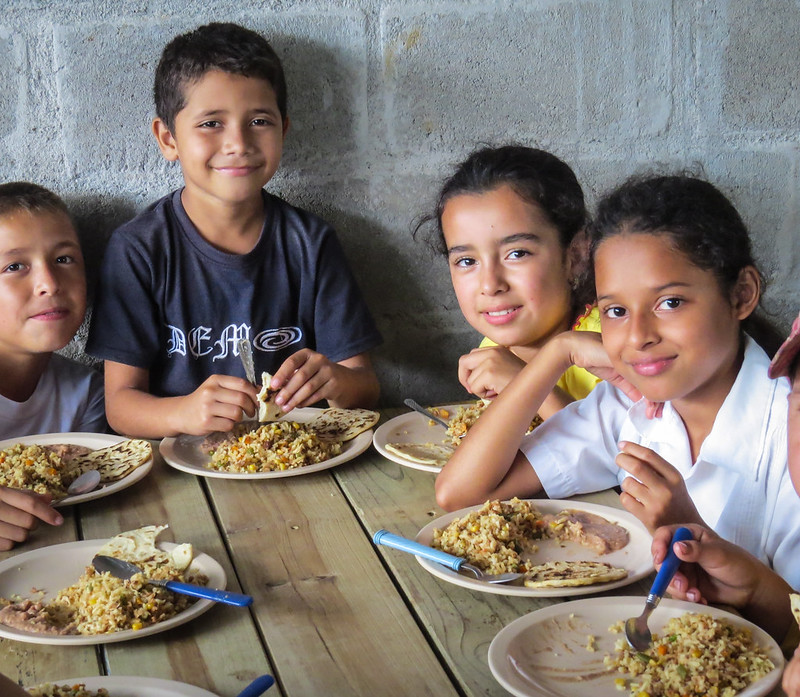
 According to the World Bank, Honduras is among the poorest countries globally. With an estimated 4.3 million people living below the national poverty line in 2018, which represents about
According to the World Bank, Honduras is among the poorest countries globally. With an estimated 4.3 million people living below the national poverty line in 2018, which represents about 